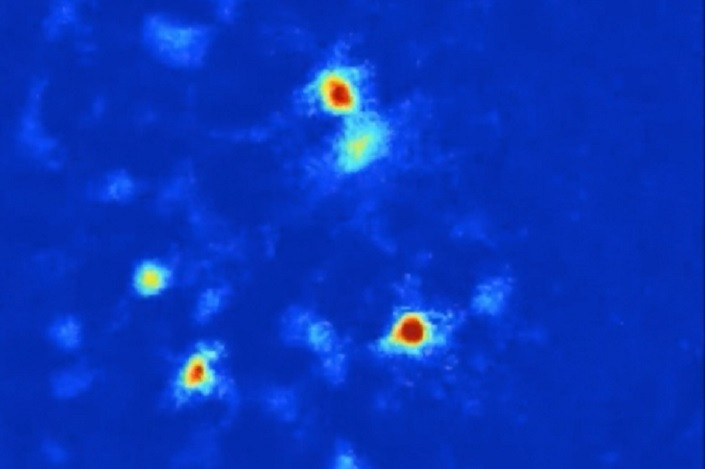Scientists have found the source of anxiety in the brain - and how to turn it off
Anxiety is a useful emotion, but it can result in crippling personality disorders.

Anxiety is a feeling of unease, such as worry or fear, which everyone experiences at some point in their lives.
Now, neuroscientists from Columbia University and the University of California San Francisco (UCSF) have discovered specific brain cells responsible for creating anxiety in a new study published in the journal Neuron.
While anxiety is a useful emotion in some contexts, warning us of threats, many people find it hard to manage their worries, which can result in crippling anxiety disorders. The new research may, one day, lead to new treatments for these kinds of disorders.
For their study, the researchers found that specific cells inside the hippocampus [Elongated ridges on the floor of each lateral ventricle of the brain, thought to be the centre of emotion, memory, and the autonomic nervous system] of mice only became active when the rodents were placed in situations that were innately frightening to them, such as open areas where they felt exposed, or high up on raised platforms. As the mice became more anxious, the scientists observed greater levels of activity in these cells.
Furthermore, the Columbia team used a technique known as optogenetics - which enables scientists to control the activity of neurons with beams of light – to turn the 'anxiety cells' in the brains of the mice 'off'. They found that when they did this, the mice became less agitated and thought nothing of wandering into open spaces or onto raised platforms.
"This is exciting because it represents a direct, rapid pathway in the brain that lets animals respond to anxiety-provoking places without needing to go through higher-order brain regions," said Mazen Kheirbek, from UCSF.
Scientists have long known about the hippocampus' role in memory formation, but recent studies have shown that it can also affect mood and is linked with other areas of the brain, such as the amygdala and the hypothalamus, which are thought to control anxiety-related behaviours.
"Now that we've found these cells in the hippocampus, it opens up new areas for exploring treatment ideas that we didn't know existed before," added Jessica Jimenez, lead author of the study from Columbia.
For example, if the 'anxiety cells' are found to differ molecularly from other brain cells, it may be possible to produce a drug to reduce anxiety, the researchers explained.





















